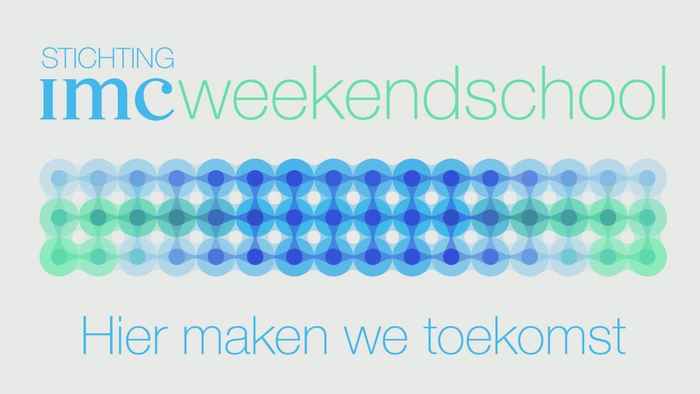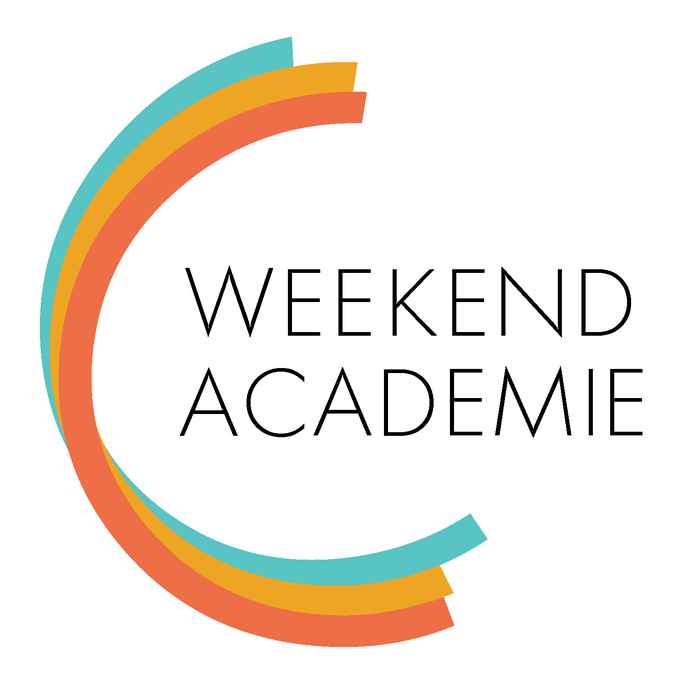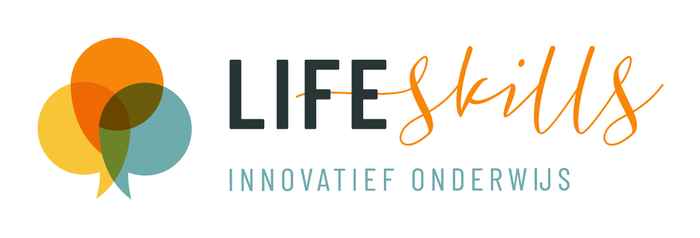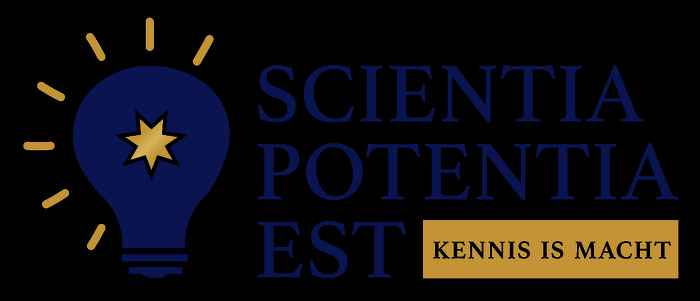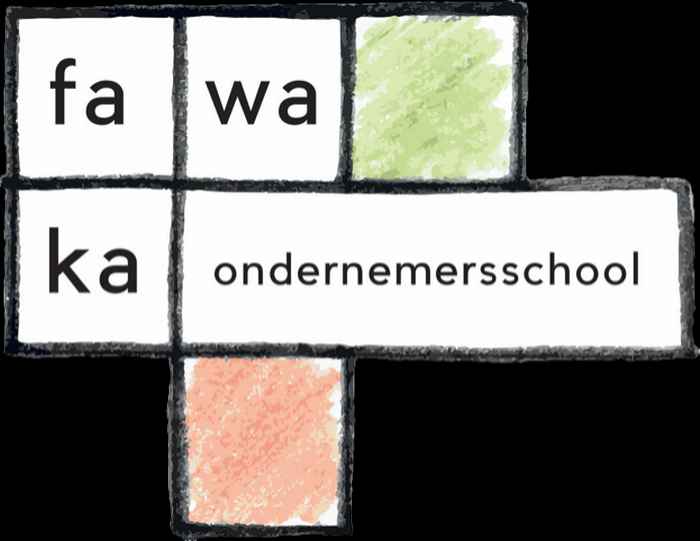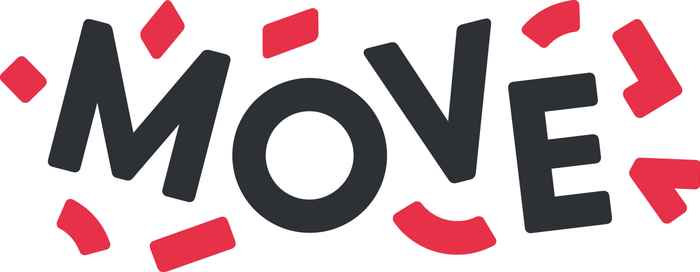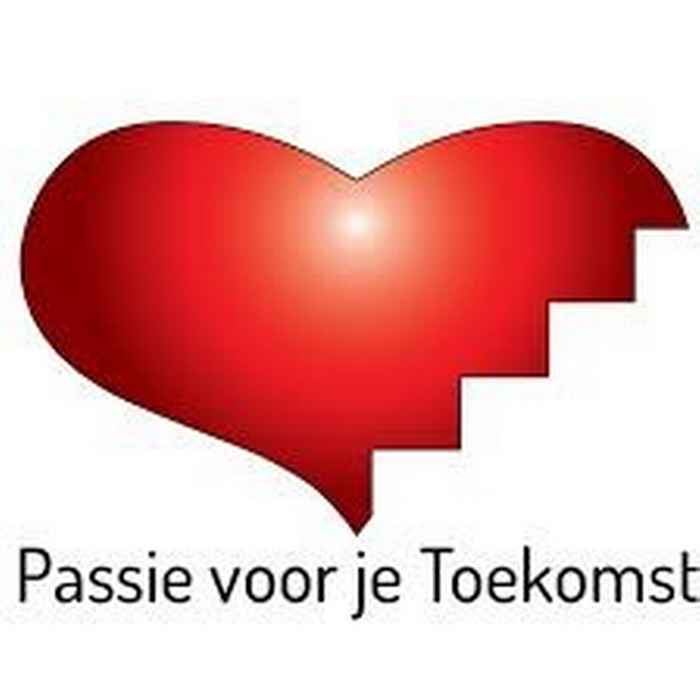Life Skills supports young people between 10 and 18 years of age as they develop life skills, self-love and self-confidence and build their citizenship, so that they have the know-how they will need to establish a place for themselves in society and will be unafraid to take control of their own lives and work toward a sustainable future. To that end, Life Skills offers workshops and training courses, as well as homework and academic support in both highly cohesive groups and in the form of one-on-one coaching for young people and their parents.
Every child has the right to education. Fair education, to be exact. But we know that inequality exists, even within our classrooms. This is especially true in neighbourhoods where levels of social, cultural and economic capital are low, such as Amsterdam Southeast. In order to provide equal opportunities to young people from marginalized neighbourhoods, stakeholders are investing in supplemental education in the form of tutoring or homework support. And that is a good thing. Very good. But there is more to this particular issue. These children grow up in a non-Western cultural environment. Often, the values and standards in their environment are different than those of Dutch society. With that in mind, the programme offers pupils supplemental education to ensure equal educational opportunities, which helps them to obtain their diploma. After that, it is time for them to establish their place in society. They will have obtained the knowledge and expertise with regard to their particular field, of course. What they sometimes lack, however, are the skills and knowledge relating to the ins and outs of Western culture and Dutch society. They experience a sense of culture shock, with a mutual lack of understanding and uncertainty. As a result, they have difficulty securing their place in society. Some of them become fearful or angry and lose hope. They do not get the chance to put all their knowledge to use and find employment reflecting the level of their abilities. Obviously, this is a real loss!
Since 2006, Dutch law has mandated that curricula in primary and secondary education must promote active citizenship and social integration. Building citizenship means developing civic knowledge, skills and attitudes so that people have the expertise they need to secure a place for themselves in society. Good citizenship is important because it offers a means to actively contribute to society. Some of our civic education takes place at school, and some of it we learn from our networks – in particular our parents, family, friends in clubs and the media. Which skills a person learns from their network depends on their socio-cultural context. That means that, in general, children who grow up in a Western cultural context will learn these values more or less automatically. Children who grow up in a non-Western context will not automatically develop the necessary skills.
